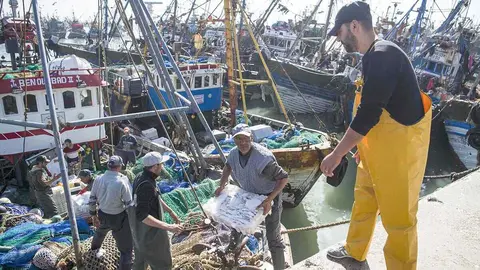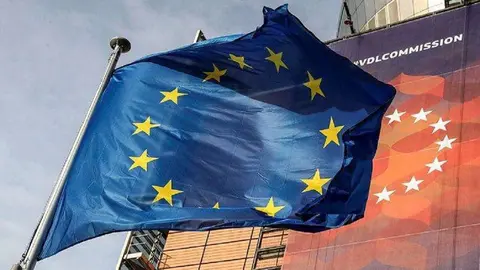Fishing in Morocco generates an 8% increase in revenue in 2024
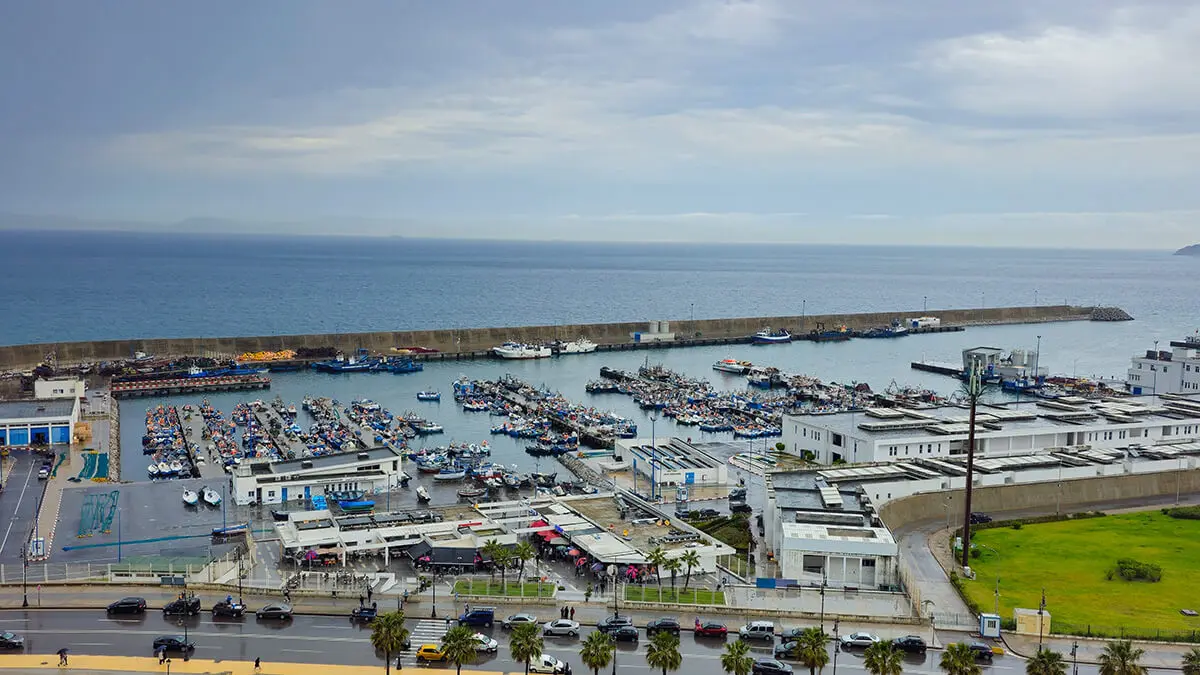
For the third consecutive year, fishing has maintained its importance in the economy of Morocco. With more than 820.6 million dollars in profits, the Moroccan ports, in particular those bathed by Mediterranean waters, increased their profits by 9 points. Those situated on the Atlantic coast rose by 3%.
The total volume of coastal and small-scale fishing products reached 936,354 tonnes at the end of September 2024. According to the National Fisheries Office (ONP) under the Ministry of Agriculture and Fisheries, the quantity of fish decreased by 13%, some 12,023 tonnes, but the increase in the value of fish has meant an increase in final profits of 8%.
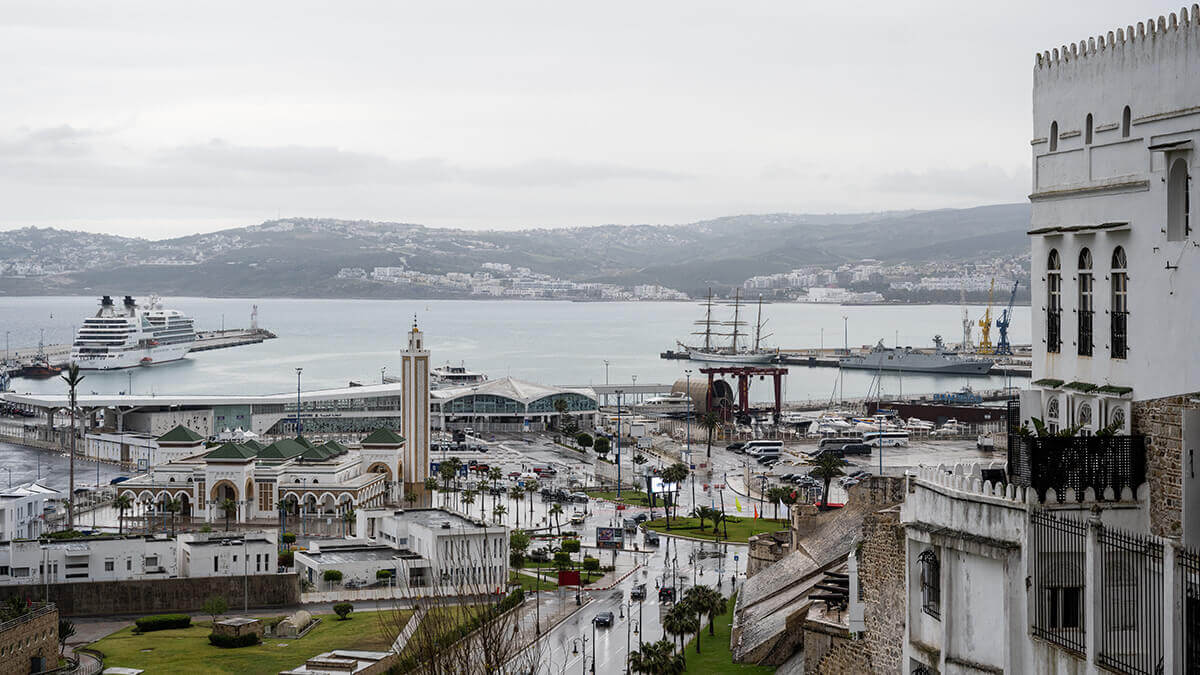
For the first time since 2021, the quantity of fish has decreased. Cephalopod catches increased by 13% to 55,482 tonnes, pelagic fish increased by 4% to 77,976 tonnes, and whitefish increased by 2% to 82,317 tonnes.
Both seaweed and shellfish caught increased by 51%, with seaweed up by 4,000 tonnes and shellfish by 46 tonnes. Crustaceans also increased by 39% to over 2,500 tonnes.
On the other hand, there were significant reductions in other catch categories. Shellfish catches fell by 89% to 45 tonnes, seaweed catches fell by 50% to 17,527 tonnes, and crustacean catches fell by 10% to 6,008 tonnes.

Despite the annulment of the fisheries contract with the European Union under the ruling of the Court of Justice of the European Union (CJEU), the profits continue.
The damages of the Moroccan and foreign companies, mostly Spanish, whose headquarters are in the Alawi country, are reflected in the volume of fish obtained. However, profits are maintained due to the robustness of the sector.
Morocco has formalised that ‘with or without the CJEU’ the sector's growth dynamic will be maintained. Moreover, the Moroccan kingdom has specified that it will extend its agreements with Moscow, which is expected to maintain the upward trend.
As early as 2020, Russia and Morocco agreed that the vessel Atlantniro would carry out research in Morocco's Atlantic fishing zone near the Canary Islands, but it was not until last September that the study of the waters was formalised to determine the type of fishing that can be carried out.
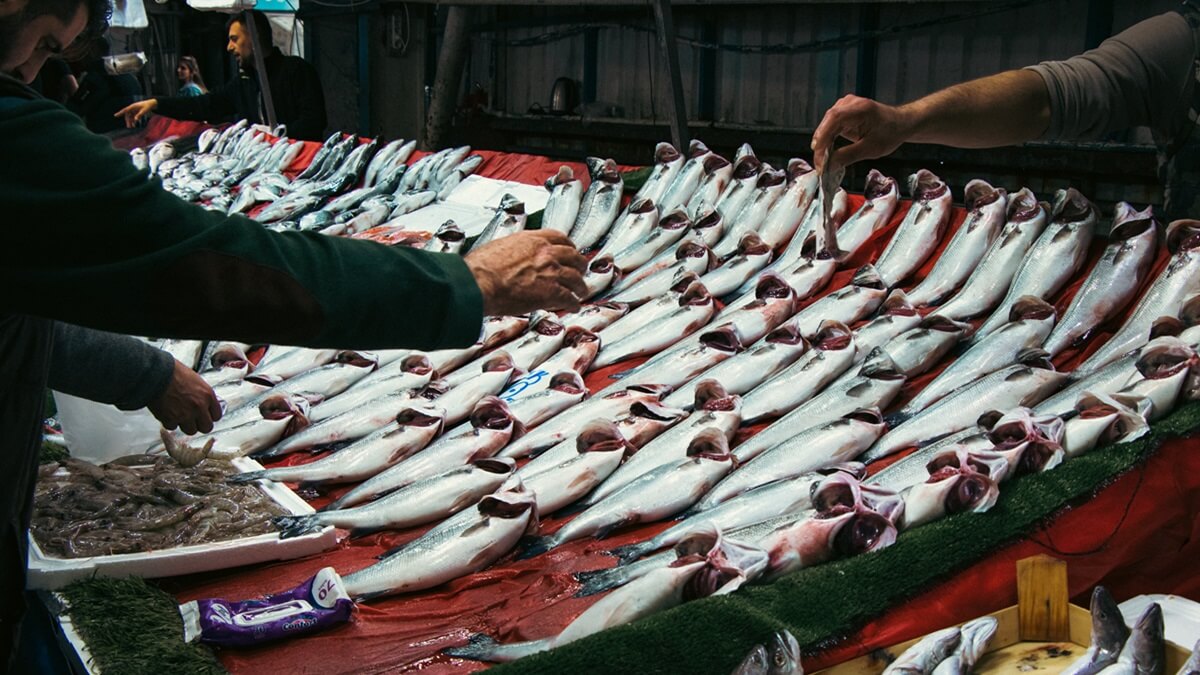
The Atlantic Section of the State Scientific Centre of the Russian Federation, part of the All-Russian Research Institute of Fisheries and Oceanography (VNIRO), is focused on gathering information on fisheries in West Africa. Activists monitoring the resources of the Polisario-controlled Sahara denounced this action without success.
The research vessel Atlantniro arrived in Nouadhibou, Mauritania, as part of the Moscow Federal Fisheries Agency's ‘Great African Expedition’ 2024-2026. Once completed, the Russian mapping aims to pave the way for the launch of 50 fishing vessels to regain the fishing influence it once possessed.
Figures show that the fishing sector continues to gain strength in the Moroccan economy. Morocco's more than 3,500 kilometres of coastline make it a privileged fishing state.
As the largest fish producer in Africa and the 25th largest in the world, European fisheries will lose prestige and international power after the decision not to renew fisheries agreements due to interference from the Polisario Front and Algeria.
In the hope that Morocco will be able to reach agreements with some EU countries, such as Spain - the main loser - it is not expected that the Moroccan fishing sector will earn less and lose weight in the national economy. So far, the figures are holding up and corroborate the economic growth of the Moroccan fishing industry, which at the end of the first quarter and, subsequently, of the first half of the year, pointed to a great year for the sector.

